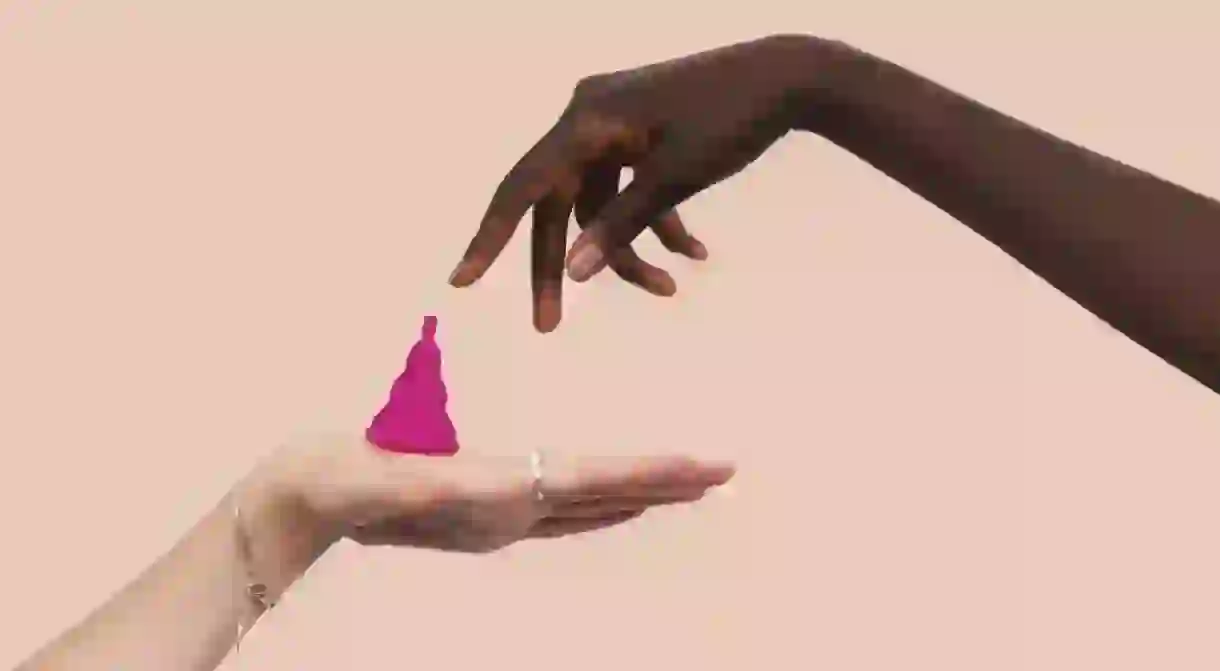Could Scotland Be the World Leader in Tackling Period Poverty?

It’s a completely natural bodily function, yet periods still remain a taboo topic shrouded in secrecy and sadly, shame. For centuries, women and girls across the world have been ostracised and removed from society’s ever-watchful eye during menstruation.
This anachronistic mentality may be shifting, but the crux of the matter is that period poverty exists. And it’s all around us. Scotland is set to become the world leader in period empowerment by spearheading this pressing issue head on.
Simply put, period poverty is when females cannot access menstrual products due to financial barriers.
The Scottish Government is smashing the status quo of period poverty due to the new member’s bill of Labour’s own Monica Lennon. The bill, which has garnered resounding support from all five parties at Holyrood, calls for legislation to make free sanitary products available to all in Scotland, regardless of socioeconomic background.
Lennon told The Scotsman that ‘Scotland can lead the world on period poverty’ and went on to add that ‘this is bigger than party politics, this is about a fairer future for women and girls in Scotland. We can make that fairer future a reality.’

In short, Scotland could outlaw period poverty. As of autumn 2018, the Scottish Government will be the first in the world to fund free universal access to sanitary products in colleges, schools and universities. An Aberdeen-based pilot scheme set up to provide menstrual products to those suffering financial hardship has also been extended.
According to the #freeperiods movement founded by teenage activist Amika George, one in 10 girls in the UK cannot afford period products while 40% admitted to improvising with toilet paper due to lack of finances. Recent studies show that many females from low-income households also use old socks, clothes rags and even newspapers while on their period. No human, young or old, should have to choose between feeding themselves or buying tampons.

Ken Loach’s BAFTA award-winning film I, Daniel Blake doesn’t shy away from the harsh realities of poverty in the UK and in turn period poverty, as expressed in the poignant scene where a single mother has no choice but to shoplift health and sanitary products in order to afford food for her family.
The introduction of Scotland’s member’s bill has shed light upon the overwhelming scope of period poverty, not just in Scotland but across the world. Health and hygiene are major concerns (due to females using sanitary products too long in a desperate bid to conserve), but education also enters the mix.
Each month, millions of girls miss school because they don’t have the means to buy the necessary sanitary products. Combine this with the stigma of speaking freely and shamelessly about monthly bleeding, and you’re looking at a vicious social cycle.

Just as the total annual number of menstruating days in Scotland equates to approximately 89 million, over 137,700 children in the UK alone have already missed school due to period poverty. Lennon’s proposed Sanitary Products (Free Provision) (Scotland) Bill aims to put an end to this atrocity of females missing school for being born with a uterus.
In addition to schoolchildren and women burdened by financial constraints, the homeless population, refugees and asylum seekers will also benefit from Scotland’s pioneering stance on eradicating period poverty.
‘Scotland can end the silence and stigma that surrounds menstruation and will remove gendered barriers. This is a big step towards creating a fairer and more equal society.’
All about female empowerment? Check out our round-up of ‘The Best Places in the World to Be a Woman’.













